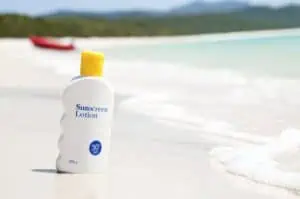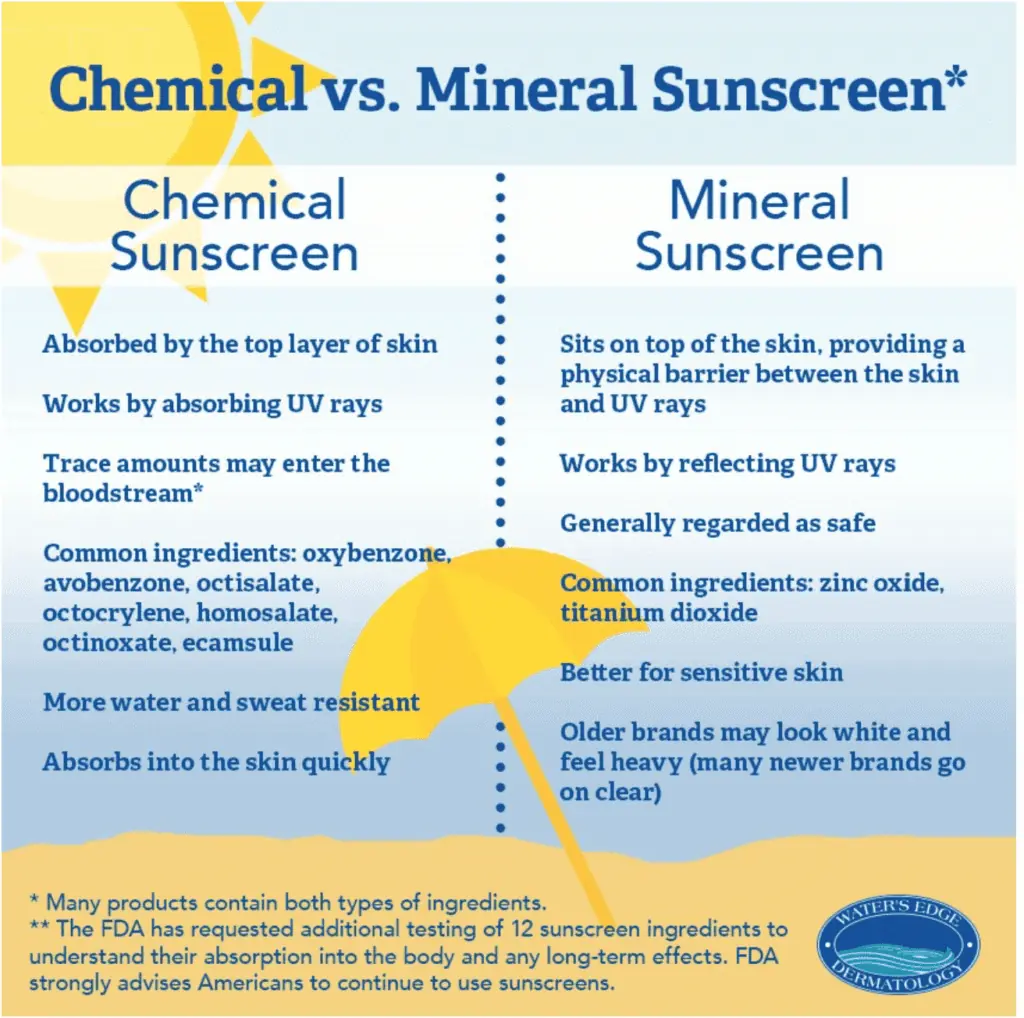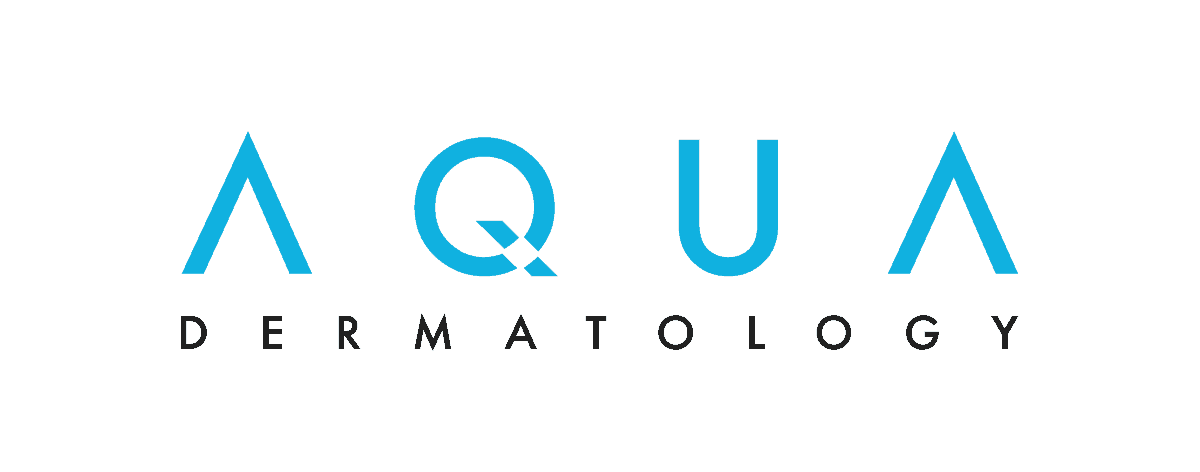
Medical Review By: Evelina Ingersoll, APRN
You’ve probably heard that when it comes to buying sunscreen, you should choose one that provides broad-spectrum protection (to guard against both UVA and UVB rays) and has SPF 30 or more. But when it comes to mineral vs. chemical sunscreen, which is the smarter option?
Many or most of the sunscreens you find at the store are chemical sunscreens, which penetrate the skin. They work by absorbing UV rays and converting them to a small amount of heat, which the body releases.
Mineral sunscreens, also called physical sunscreens, sit on top of the skin. They work by blocking and reflecting the sun’s rays.
Both types offer protection against sunburn, premature aging, and skin cancer, so it comes down to a personal choice. To decide what’s best for you, consider the facts below. Keep in mind that some sunscreens contain both chemical and mineral ingredients.
Ingredients
Chemical sunscreens contain one or more chemicals, such as oxybenzone, avobenzone, octisalate, octocrylene, homosalate, and octinoxate. Mineral sunscreen contains titanium dioxide and/or zinc oxide.
Because chemical sunscreens take time to sink into your skin, you should apply them15 to 30 minutes before going outside. “Otherwise, you could get burned while the sunscreen is being absorbed,” said Evelina Ingersoll, APRN, a certified advanced practice registered nurse at Water’s Edge Dermatology. Mineral sunscreen is effective right away.
The main concern with chemical sunscreens is their ability to enter the bloodstream.
One pilot study conducted by FDA scientists tested four chemical sunscreens and found that all of the chemicals tested (avobenzone, oxybenzone, octocrylene, and ecamsule) were absorbed into the blood at levels higher than those the FDA recommends for chemicals that have not been tested for toxicity. Oxybenzone showed up in the blood in far higher concentrations than the other ingredients.
More research is needed to confirm the study results and determine what effects, if any, absorption might have on a person’s health. Meanwhile, the FDA stresses that people should continue to use sunscreen and follow other sun safety practices, such as wearing protective clothing, hats, and sunglasses.
If you’re concerned about the potential risks of chemical sunscreen, mineral sunscreen may be the way to go. Titanium dioxide and zinc oxide are the only two sunscreen ingredients that currently meet the FDA’s criteria for “generally recognized as safe and effective.”
“Mineral sunscreen is also a good choice if your skin is sensitive or you’re prone to acne or rosacea, since some chemical sunscreens can cause irritation or breakouts,” said Ingersoll.
Environmental friendliness
Mineral sunscreen is considered to be safer for the planet. Some chemical sunscreens contain ingredients, including oxybenzone, octinoxate, and octocrylene, that can be harmful to marine life and coral reefs. These chemicals may be released into the ocean when you swim, and they can enter waterways when you wash off your sunscreen during your shower.
For these reasons, the National Ocean Service recommends using mineral sunscreen if you plan to swim in the ocean. And it’s a must if you live in or travel to Hawaii. That state has banned the sale and distribution of chemical sunscreens to help protect the environment.
Look and feel
Chemical sunscreens are typically thinner and tend to go on more easily. Most don’t turn the skin white. Mineral sunscreens may feel heavier, but on the upside, they are more moisturizing.
Mineral sunscreens can be chalky and give the skin a white cast, depending on the product — think of lifeguards with white noses. But newer, more advanced formulas don’t leave a thick residue. Some are tinted, making them a particularly good choice for people with darker skin.
Water resistance
Most mineral sunscreens are less water-resistant than chemical sunscreens. If you sweat a lot or swim, you’ll need to reapply mineral sunscreen more often.
Price
Some people may prefer chemical sunscreens because they’re usually less expensive than mineral ones. However, as mineral sunscreen grows in popularity, it’s becoming easier to find more affordable options. Several popular drugstore brands, including Neutrogena, Cetaphil, Coppertone, and Aveeno, now offer mineral sunscreens.
Whatever sunscreen you choose, the key to getting the protection you need is this, said Ingersoll: “Wear it every day, reapply it often, and use enough. Most people use less than half of the recommended amount.”
Article Written By: Jessica Brown, a health and science writer/editor based in Brooklyn, New York. She has written for Prevention magazine, jnj.com, BCRF.org and many other outlets.






